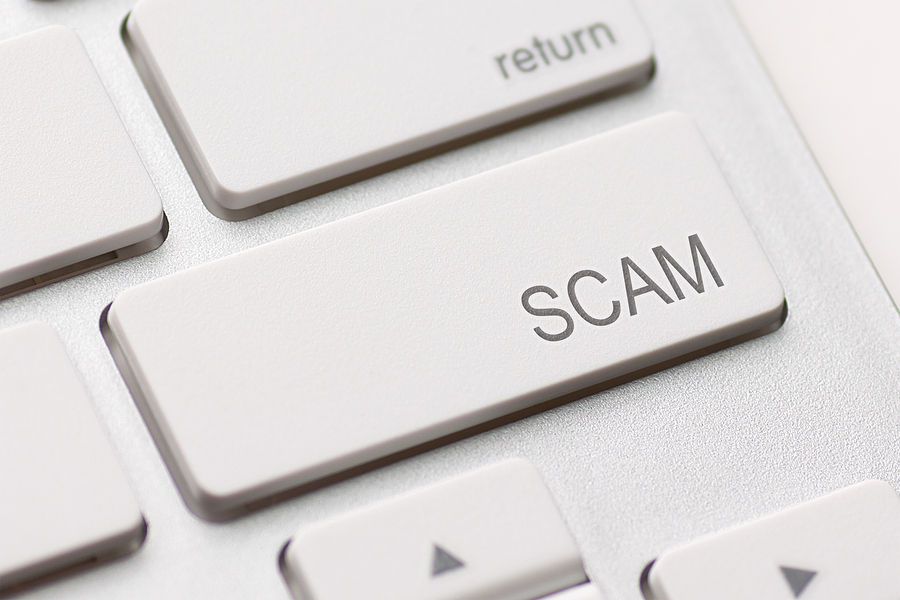Last Updated on Apr 8, 2020 by James W
The winter is practically here and like every year, people are starting to chip away at their gift lists online. Although the recent rise of ecommerce has done a lot of good for both retailers and consumers, it has also led to an increase from unhappy shoppers from all across the world.
As a matter of fact, according to a 2016 FBI report, more than 280,000 consumers around the glove lose roughly 1.33 billion dollars to online fraud.
And if that’s not enough, you still have to keep in mind that in the last decade the CFA’s list of top ten consumer complaints has included “troubles with internet sales” literarily every year. In most cases, these complaints involve misrepresentations and failure to deliver the purchased goods.
Of course, online fraud isn’t the only thing that can derail your online purchase – some suppliers simply are not up to the task – however, fraudulent sites are by far the biggest problem.
The Need for Reinforced Security
With the Equifax breach – which, according to NBC News, could potentially affect more than half of the US population – dominating the headlines in the last couple of weeks, it’s naturally that most of us are thinking what can we do to protect our personal data.
Now, before we go into to the subject, we have to talk about the bad news – writing down your passwords on notes, carelessly swiping your credit card and even a small thing like answering your phone could put your information at risk.
But this doesn’t mean you should cancel your Internet subscription and hide in an underground shelter. According to experts, there are a couple of things you can do right now to reinforce your defenses and start protecting your personal data…
Ways You Can Protect Your Data
-
Regularly Change Passwords
This may be a basic advice, however, making sure that everything from your email to financial login is non-repetitive is crucial to your online safety. According to a recent Preempt study, 35% of Internet users have pretty weak passwords – but the other 65% can in fact be easily cracked by more experienced hackers.
One of the biggest dangers with having weak passwords is cybercriminals getting access to your personal data via email or using your email address to access your financial accounts. With nothing more than your address, a more seasoned criminal can even withdraw all of the money from your accounts and leave you penniless.
-
Monitor Your Credit
Seeing how so much data these days leaks online, you need to monitor your credit activity at all times. At the basic level, you need to know your credit score, so if any drastic changes occur, you’ll be aware of them in time. Fortunately, most banks these days offer credit monitoring as a free service, so you’ll at least have that level of analysis at hand at all times.
In addition, you can always get a credit report for free from each major agency once a year. But since all of these companies communicate with each other, you shouldn’t contact them all at once – spread them throughout the year. That way, you’ll be able to get a credit report every few months. Just visit a site like Annual Credit Report to contact them.
-
Shop on Secure Sites
Before you enter any personal data on a website – for instance, your credit card number on an ecommerce site – you need to make sure that site is 100% secure. Luckily, this doesn’t require any convoluted processes – you just need to look at your browser. According to Yahoo Safety, if the site address starts with “https” you know that you’re dealing with a secure site.
You see, that one “s” ensures that the communication between your device and the site is completely secure. Small sites usually don’t have that option, so you should probably avoid them. And if you’re not just buying goods, this is especially important, because if you’re investing your money or trying to buy something valuable like precious metals, you have to make sure that site starts with “https.”
The Bottom Line
When it comes to scam sites, sometimes it’s just best to go with your instincts, so if something seems wrong, you should probably look for another merchant. However, some people are willing to suspend their disbelief because they want discounts in front of their eyes to be real.
And if the discounts look too good to be true, you should at least do some research and check to see if the site invalid or not before leaving any information. In the end, it’s all up to you, if you have any hesitation, dive, research and determine if the site’s valid.




